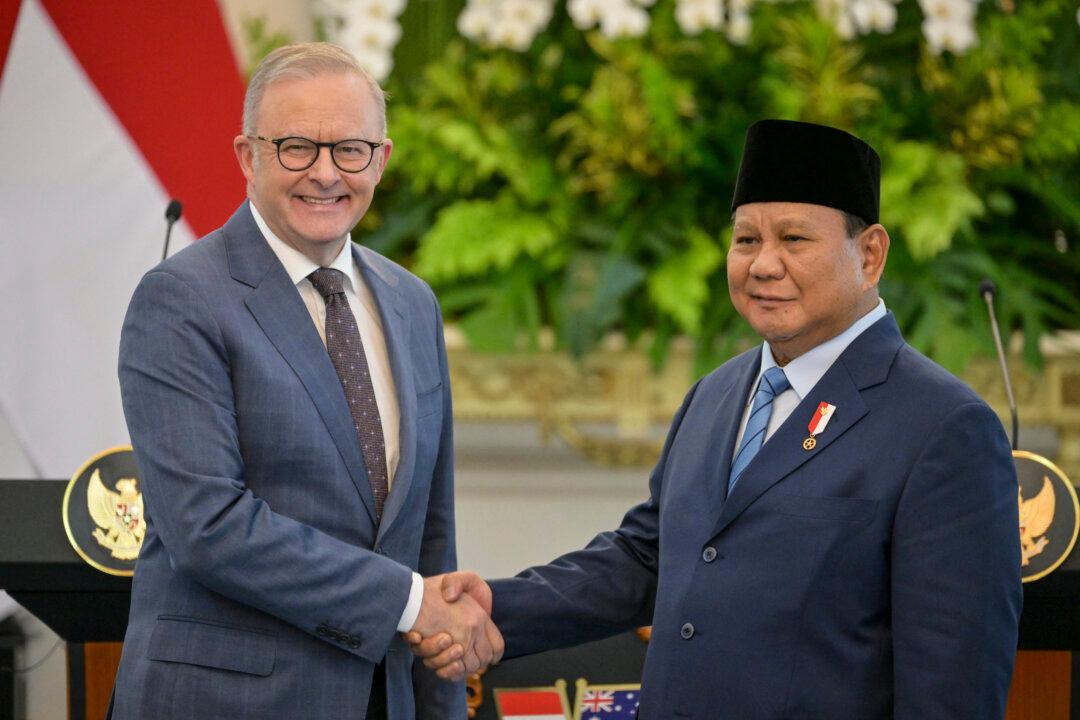Australia is to spend $15 million over four years to “enhance maritime cooperation” with Indonesia, including an annual official-level dialogue on maritime issues.
What that means is both nations will be working more closely together to maintain stability in the Indo-Pacific in the face of increased aggression from the CCP and reported interest from Russia to base military aircraft in Indonesia’s easternmost province.





